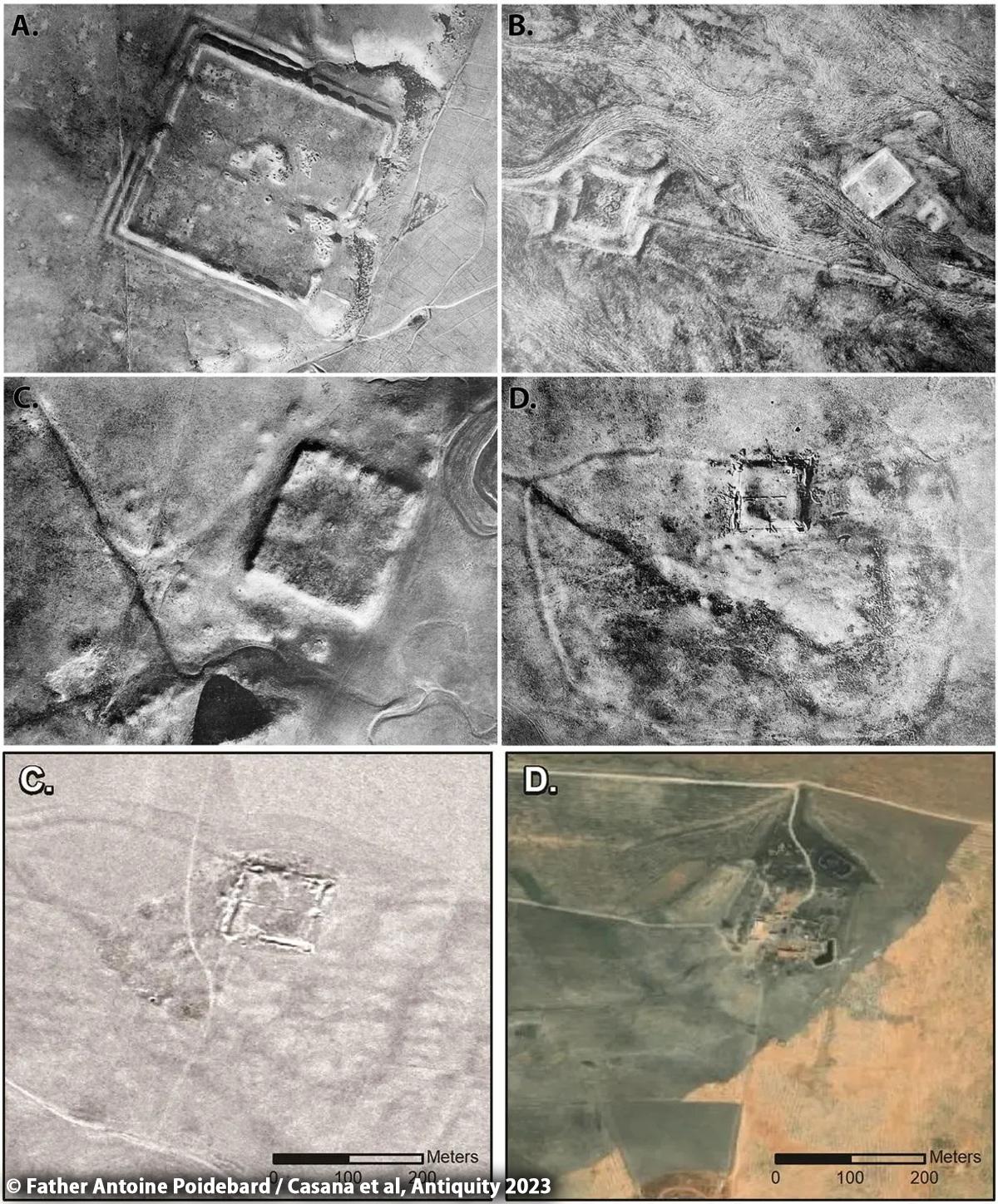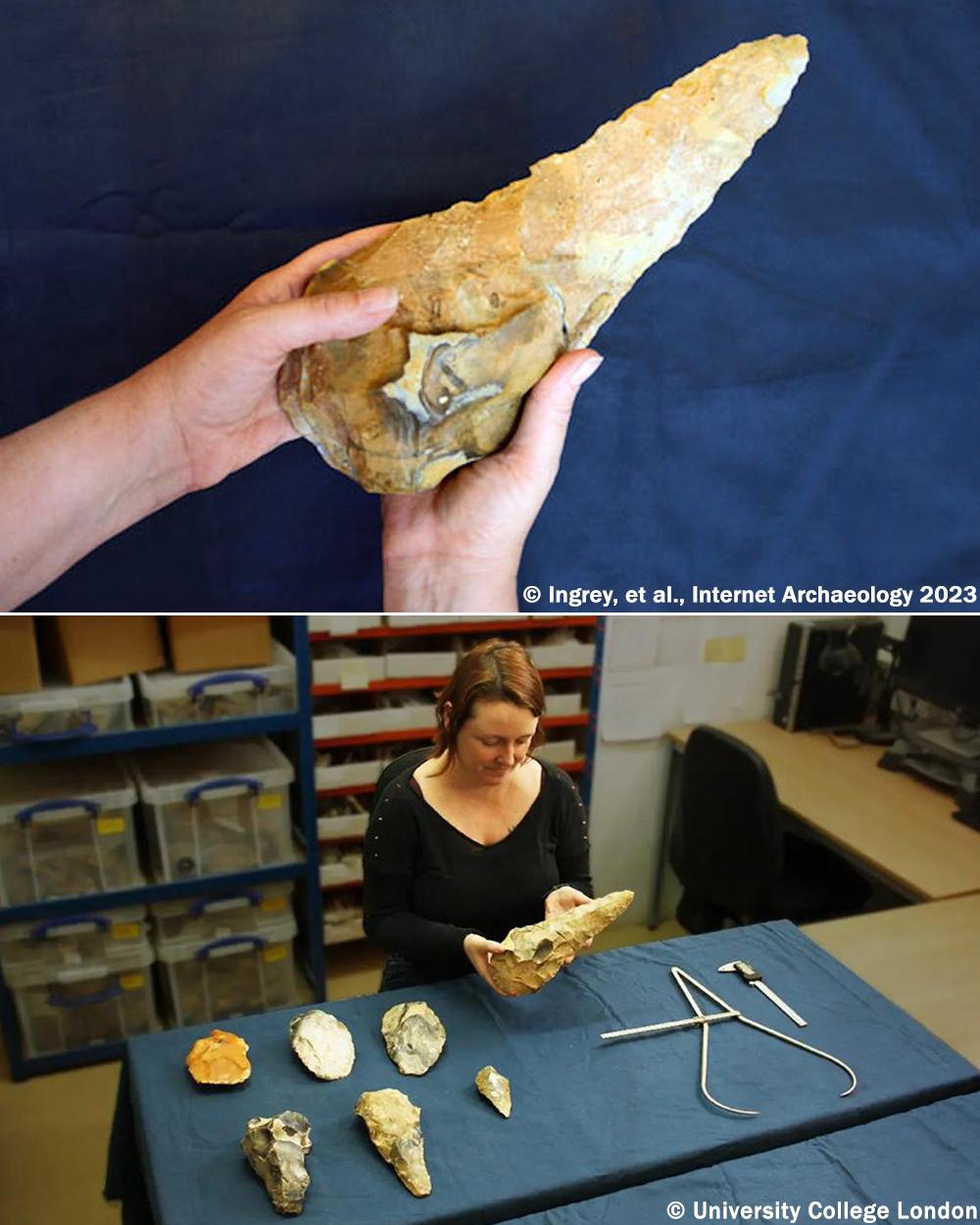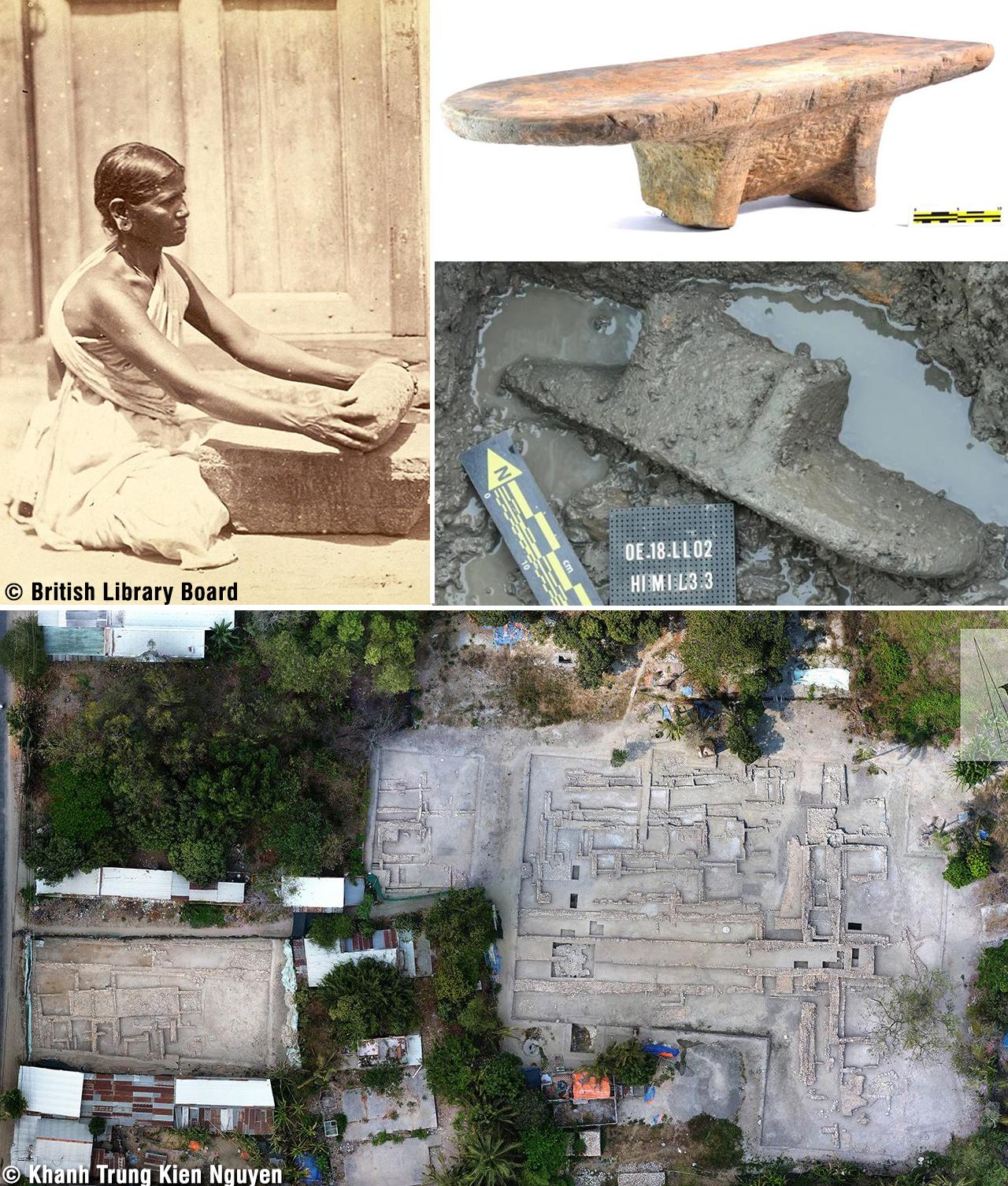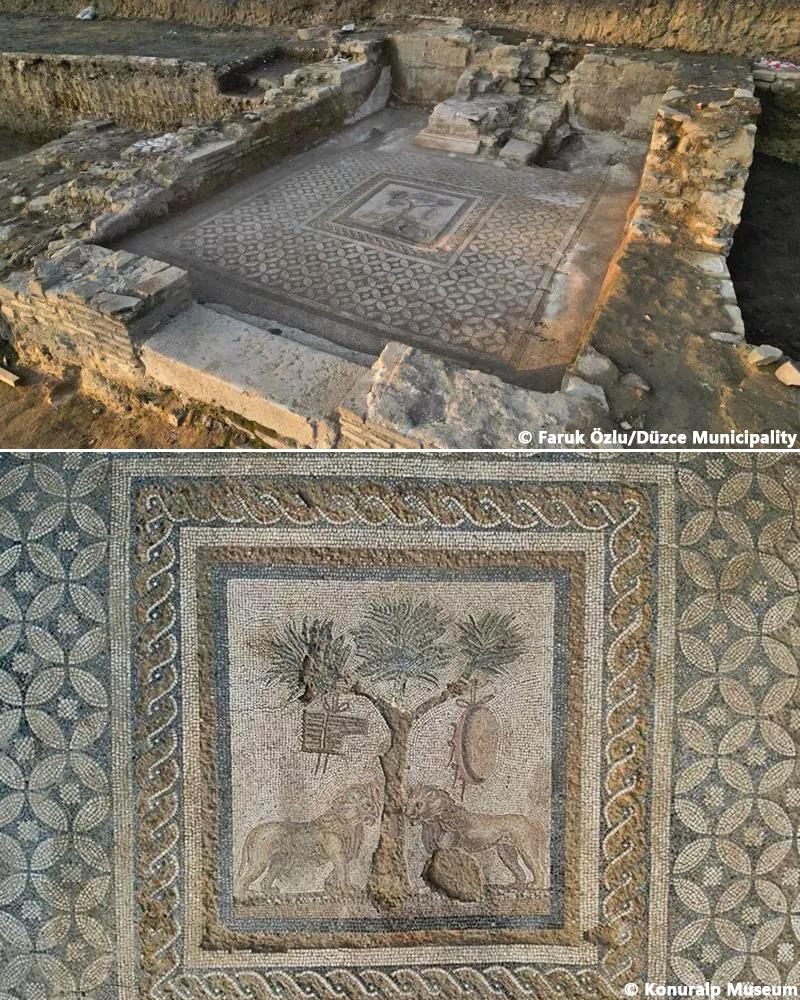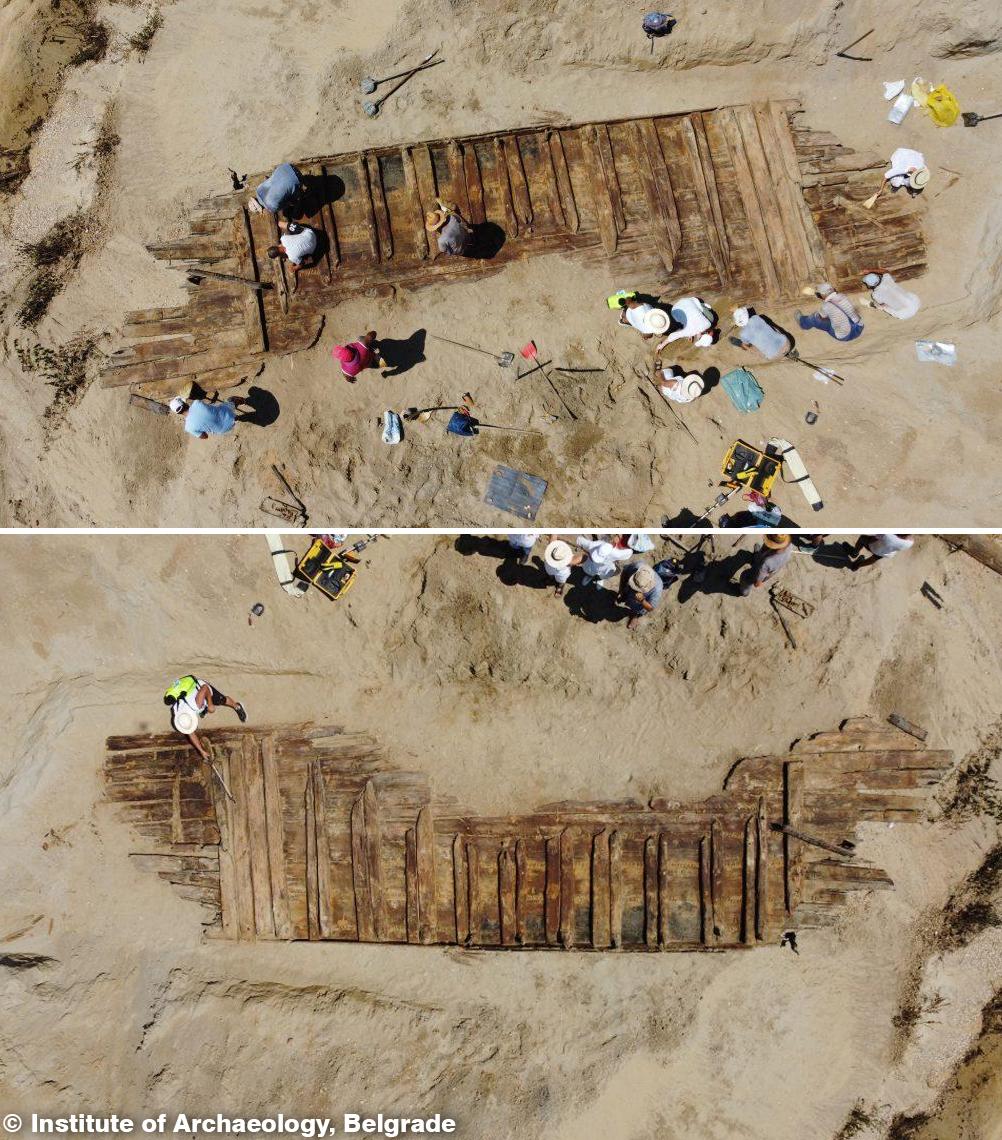Ipatia (370-415), a prominent Greek philosopher, astronomer, and mathematician, left an indelible mark on the intellectual landscape of ancient Alexandria. Despite the absence of physical artifacts, her legacy endures through historical accounts and the profound influence she had on her students and contemporaries. Join us as we delve into the life and teachings of Ipatia, uncovering the intellectual vibrancy of Neoplatonism during her era.

The Life of Ipatia Born to the mathematician and astronomer Theonas, Ipatia received a comprehensive education under her father's guidance, distinguishing herself as a scholar from a young age. She furthered her studies in Athens and Italy, immersing herself in Neoplatonic philosophy under the tutelage of prominent figures like Plutarch the Younger's daughter and Asclepigenia. Returning to Alexandria, Ipatia assumed leadership of the Platonist school around 400 CE, attracting a diverse group of intellectuals and aristocrats who sought her philosophical insights.
Philosophy and Influence As the head of the Platonist school, Ipatia became a revered teacher of philosophy and mathematics, renowned for her eloquent commentary on the works of Diophantus and Apollonius. Her intellectual influence extended beyond academia, shaping the philosophical perspectives of prominent figures such as Bishop Synesios of Cyrene and Alexandria's governor, Orestes. Ipatia's philosophical stance was informed by the teachings of Neoplatonic thinkers like Plotinus and Iamblichus, reflecting a synthesis of mystical and rational approaches to metaphysics.
Historical Significance and Legacy Ipatia's tenure as the head of the Platonist school marked a period of intellectual flourishing in Alexandria. Her contributions to Neoplatonism and mathematical scholarship elevated her to a position of prominence within the city's intellectual circles. Despite her tragic demise in 415 CE, Ipatia's legacy endured through the writings and reflections of her students, who carried forward her teachings and philosophical ideals. Her life and achievements remain a testament to the enduring pursuit of knowledge and intellectual freedom in antiquity.
Archaeological Insights While physical artifacts directly associated with Ipatia are scarce, archaeological discoveries in Alexandria and other ancient sites provide valuable context for understanding the intellectual milieu of her era. Excavations uncover artifacts that shed light on the material culture and philosophical traditions of Neoplatonism. The preservation and interpretation of archaeological evidence enrich our understanding of ancient Alexandria and its intellectual legacy, offering glimpses into the vibrant world in which Ipatia thrived.
In conclusion, Ipatia's story exemplifies the intellectual vibrancy of Neoplatonism and the profound impact of philosophical inquiry in ancient Alexandria. Through her teachings and intellectual leadership, Ipatia left an enduring legacy that transcends the limitations of time and physical artifacts. As we explore the life and contributions of Ipatia, we gain insights into the rich tapestry of ancient thought and the enduring quest for wisdom that continues to inspire archaeological exploration and philosophical inquiry today.






